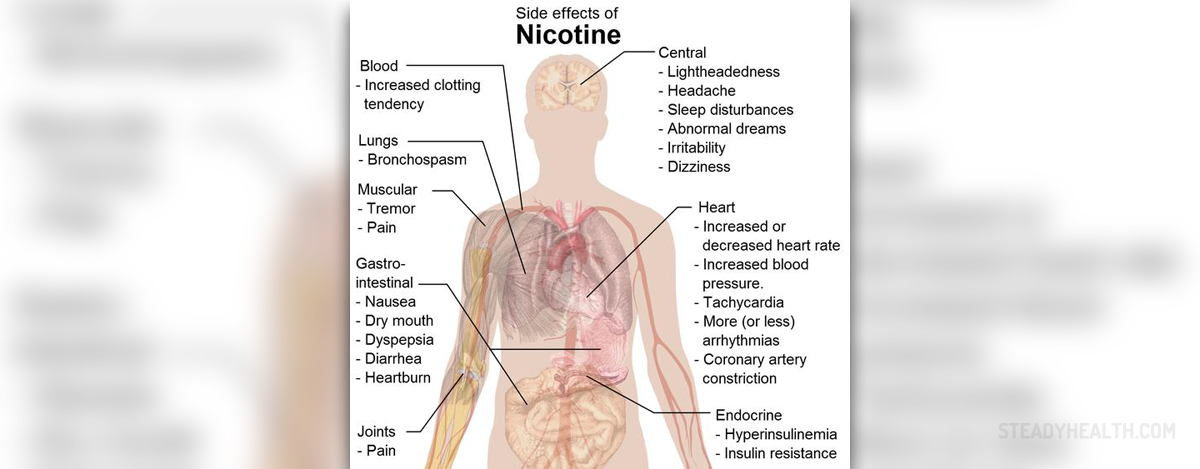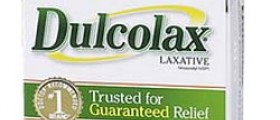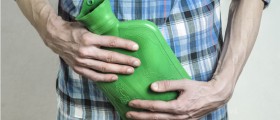The use of laxatives is fairly common as many people have problems with constipation at least once in their life. However, there are people who use laxatives regularly to obtain normal bowel movements, and eventually, they are unable to go to the bathroom without the aid of laxatives. This may lead to laxative addiction or abuse, which can have serious effects on the overall health with possible severe complications.
Possible complications of laxative abuse are numerous and includes bloating and pain, bleeding, abnormal electrolyte levels, gastrointestinal problems like gastritis, gastric bleeding and ulcers, edema, dehydration, esophagitis. In case a person has hemorrhoids, they may become irritated.
Laxative abuse may cause difficulties in absorbing important nutrients as well as medications which can be very dangerous. It also causes liver damage, irritable bowel syndrome, pancreatitis, damage to the esophagus, metabolic problems, and weight loss.
- By far the largest group is made up of individuals suffering from an eating disorder such as anorexia or bulimia nervosa. The prevalence of laxative abuse has been reported to range from approximately 10% to 60% of individuals in this group.
- The second group consists of individuals who are generally middle aged or older who begin using laxatives when constipated but continue to overuse them. This pattern may be promulgated on certain beliefs that daily bowel movements are necessary for good health.
- The third group includes individuals engaged in certain types of athletic training, including sports with set weight limits.
- The fourth group contains surreptitious laxative abusers who use the drugs to cause factitious diarrhoea and may have a factitious disorder.
- Checking serum electrolytes and the acid/base status can identify individuals who may need medical stabilization and confirm the severity of the abuse.
- The first step in treating laxative misuse once it is identified is to determine what may be promoting the behaviour, such as an eating disorder or use based on misinformation regarding what constitutes a healthy bowel habit.
- The first intervention would be to stop the stimulant laxatives and replace them with fibre/osmotic supplements utilized to establish normal bowel movements.
It may sound illogical, but excessive use of laxatives may cause constipation. This happens because laxatives lead to dehydration, and constipation leads to more laxatives, making a vicious cycle that is hard to break.
Laxative Addiction: What To Do?
If a person develops a laxative addiction, the first thing to do is to stop taking them immediately. The next step is hydrating the body with sufficient amounts of water, which usually means from six to eight glasses a day. Beverages that contain caffeine, like coffee, tea, and some sodas, should be avoided because caffeine causes a loss of fluids, and the body needs fluids to obtain regular bowel movements.
Physical activity helps regulate bowel movement. This does not have to mean exercising excessively, a moderate activity like walking, dancing, gardening, or sailing will do the trick.
Making changes in the diet is essential for solving the problems with constipation without the use of laxatives. Diets should be rich in foods that contain lots of fiber, like fresh fruit and vegetables and whole-grain cereals and bread. It is important to take enough water because fiber needs to loosen the stool.
Quitting the laxatives may have some symptoms of withdrawal, just like any other addiction. Side effects of this may include bloating, water retention, constipation, and weight gain. In most cases, these side effects, weight gain included, last only a few weeks.
Treatment of Laxative Abuse
Just like with any other addiction, laxative abuse may be difficult to quit. If this is the case, it is highly recommended to talk to someone- first with family and the loved ones, and of course with doctors and possibly with nutritionists who may help create an adequate diet.
There are also support groups and counseling for this kind of addiction. They can be very helpful because laxative addiction is sometimes both physiological and psychological.


















Your thoughts on this
Loading...